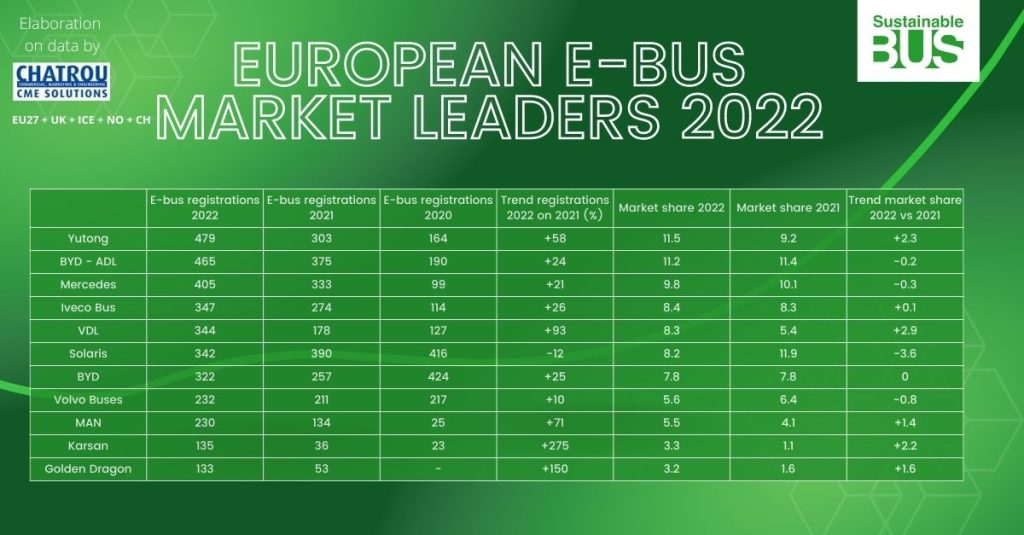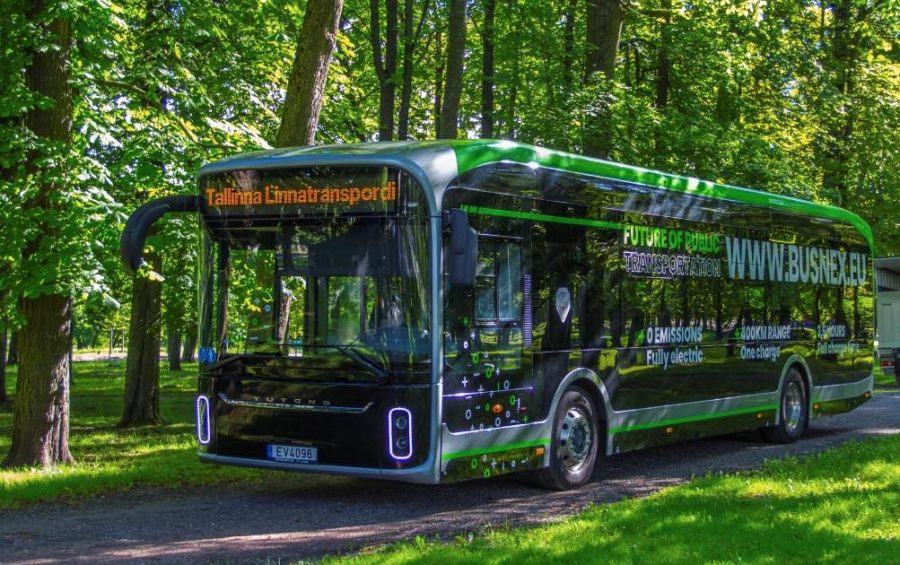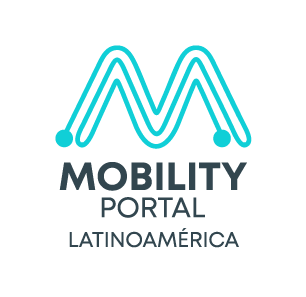Yutong has ranked first in the electric bus market 2022 in Europe. Quite surprisingly, it must be said. Nothing new in second and third position, where we find the joint venture Alexander Dennis/BYD and Daimler Buses.
Iveco Bus and VDL grow, Solaris lags behind after two years at the helm of the electric bus market (but had a successful year in terms of fuel cell bus registration, covering alone more than half of the market, whose total volume has been however reduced from 158 in 2021 to 99 last year).
Electric bus market 2022 grew 26% in 2022
The electric bus market in Europe has been growing 26 per cent last year, up to 4,152 units registered (it was 3,282 in 2021, with a growth of 48% on 2020).
Data, as usual, come from Chatrou CME Solutions consulting. 30% of the European city bus market is now zero emission-powered, a share already clear in 2022 Q1-Q2 analysis. Figures concern EU27+UK+ICE+NO+CH.
Alternative drive buses make up 62 per cent of EU city bus market
With an eye at the volumes of every alternative drive technology, in 2022 2.018 hybrid buses, 3.274 CNG buses and 99 hydrogen buses have been registered, in addition to the already-mentioned 4.152 battery-electric buses (trolleybuses excluded). Total? 9.543 alternative drive buses.
It means that 62.5% of city buses registered in Europe is now powered through alternative fuels. Their share is growing from 59% in 2021, but total volume is decreasing, mainly due to a lower volume of hybrid bus registrations (-38.5%). The city bus market has been dramatically decreasing last year (-14%).
The top selling battery-electric bus manufacturers

Let’s take a look at the shortlist of top selling companies on the electric bus market 2022 in Europe. Yutong is leading with 479 registrations (+58% on 2021), followed by BYD-Alexander Dennis with 465 registrations (+24%), Mercedes with 405 registrations (+21).
Fourth (and growing), Iveco Bus with 347 units registered. We also witness the comeback of VDL, that after a few ‘tuned-down’ years has doubled its yearly registrations up to 344 units. On the other hand, Solaris is surprising at the 6th position. The Polish brand has been leading the e-bus market in 2020 and 2021. But, looking at the period 2012 – 2022, Solaris is still market leader with a total of 1.462 electric buses and a market-share of 11,6%, followed by BYD and VDL.
Electric bus market Europe 2022: surprising Karsan and Golden Dragon
It is worth mentioning the leap ahead done by Karsan, that in one year has gone from 36 to 135 e-bus registrations: + 275. Good performance also for the Chinese group Golden Dragon, up to 133 registrations.
Irizar, Bluebus and Ebusco, on the other hand, had more shadows than lights in 2022. The Spanish manufacturer has decreased 45% (but it 2021 they had a boom of registrations…). Ebusco is down 40%. 90 units were scheduled for delivery in 2022 in Berlin, but the handover was delayed due to supply chain constraints (first units landed a few days ago).
Included in the ‘Others’ label (240 units registered) we find “manufacturers such as Higer, Rampini, Temsa, Alstom (still), Scania and 15 other manufacturers”, as noted by Wim Chatrou from Chatrou CME Solutions.
CNG bus market growing in the intercity segment
Wim Chatrou underlines that “Absolute volume of CNG/LNG buses grew slightly from 3.088 in 2021 to 3.274 in 2022 (+6,1%) and is at a stable level since 2020″. What is interesting, “CNG bus share in the interurban segment is still growing from 864 in 2021 to 978 in 2022“. It means +13%.
As already anticipated, the UK is leading the shortlist of countries with more e-bus registration in 2022 graph with a total of 685 electric buses. Germany is second with a total of 581 electric buses, followed by France with 549 units. The same three are leading the complete e-bus market in Europe in the last 10 years.
It is worth mentioning Denmark, where 381 e-buses were registered last year.
An eye at the fuel cell bus market
As mentioned above, fuel cell bus registrations in Europe decrease last year compared than in 2021. As of the 1st January 2022, a total of 370 fuel cell city buses were operating in Europe. Van Hool is still market leader with a total of 106 hydrogen buses and a market-share of 28,6%. Then Solaris with 104 registrations (54 last year) and followed by Wrightbus with a total of 82 buses.





















